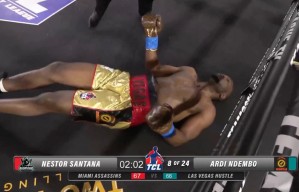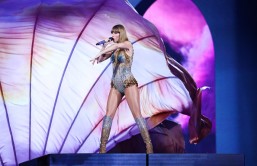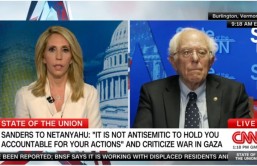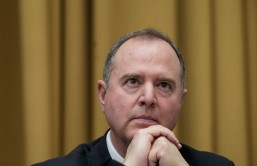It has been more than 50 years since the United States and Cuba had diplomatic relations. Much has changed across the world over the past five decades. These decades have been witness to ups and downs in the fragile relationship between U.S. and Cuba. Sometimes there have been high hopes for improvement, while at others mutual acts of terrorism, CIA attempts to kill Fidel Castro, the days of the Cold War during the Cuban Missile Crisis, a U.S.-sponsored invasion, Cuba's alignment with the old Soviet bloc, confiscation of U.S. property, the 1996 shootdown of two Brothers to the Rescue planes by Cuban MiGs, and countless human tragedies on a smaller scale have kept both countries on the edge.
All that will change when Cuban Foreign Minister Bruno Rodriguez Parrilla travels to the Cuban Embassy in Washington to raise his country's flag, an event that Cuban government officials said will be broadcast live on the island's state-run TV, reports CNN.
Even as the two countries restart diplomatic relations, a once-difficult situation is expected to thaw somewhat with the two sides are talking more freely with each other to work through the many issues that still separate them.
"That will include America's enduring support for universal values, like freedom of speech and assembly, and the ability to access information," President Barack Obama said on July 1 when he announced the date for restoring diplomatic ties. "When the United States shuttered our embassy in 1961, I don't think anyone expected that it would be more than half a century before it reopened," Obama said. The old policy of isolation, he said, "shuts America out of Cuba's future, and it only makes life worse for the Cuban people," reports The Telegraph.
The U.S. has to-date not announced a date for the formal ceremony to mark the upgrade of its mission in Havana to an official embassy. The American flag will be raised when Secretary of State John Kerry travels there to do the honors later this summer, officials said, reports MarketWatch.








